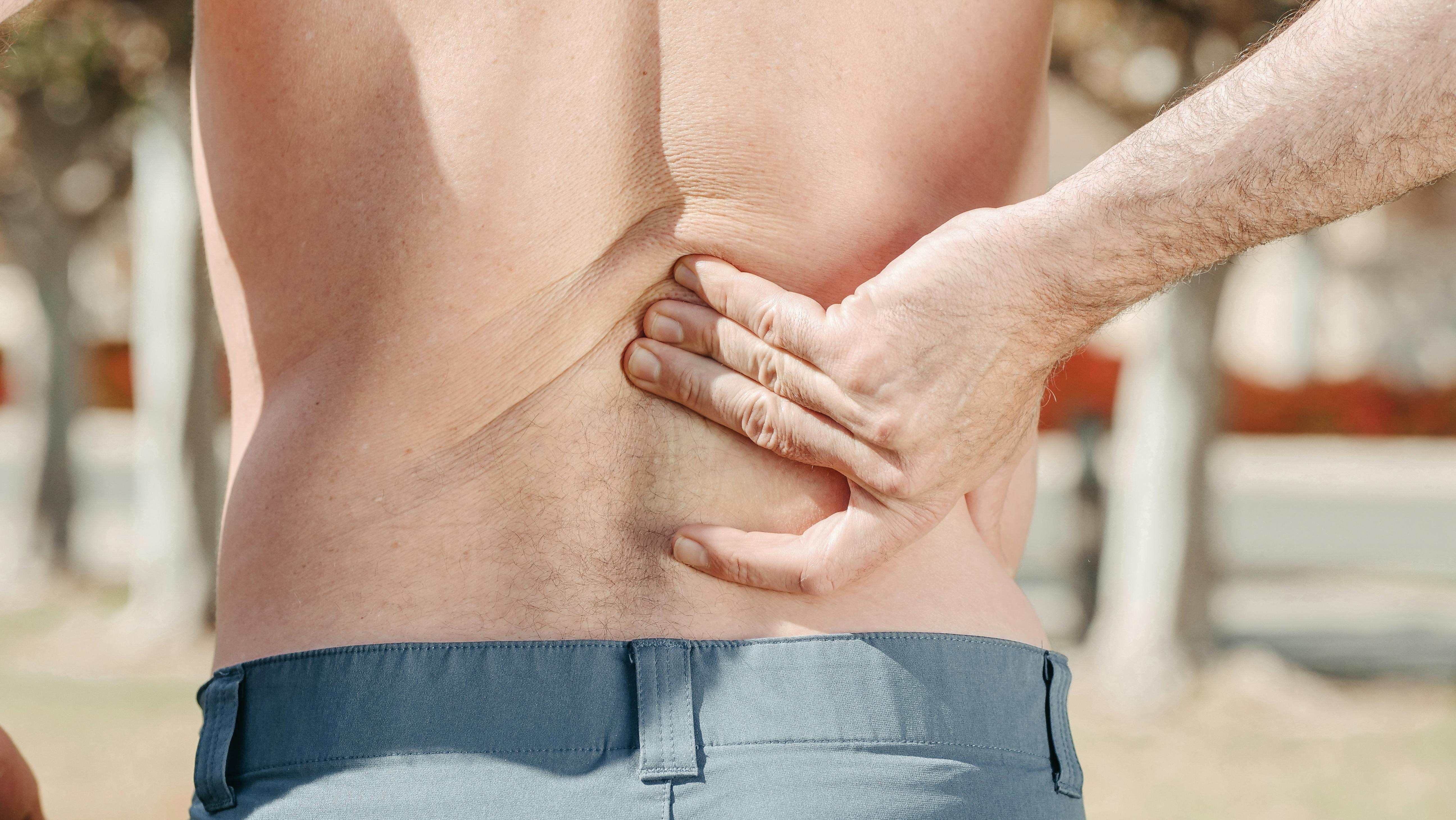"We generally don't know where back pain comes from exactly. We do know very clearly that disc degeneration has nothing to do with back pain. So arthritis, bone spurs, bulging discs, herniated discs, ruptured discs... disc degeneration has nothing to do with back pain. And this is where spine surgery, probably 70% of it, should not be done."
Dr. David Hanscom (spine surgeon)
Over a decades worth of studies have shown this. Changes in the musculoskeletal system as we age are completely normal, and there is no correlation between those changes and pain. Many people have "degeneration" and experience no pain, and many people have no tissue damage and experience pain.
#backpain #health #movement #education #healthtips
Dr. David Hanscom (spine surgeon)
Over a decades worth of studies have shown this. Changes in the musculoskeletal system as we age are completely normal, and there is no correlation between those changes and pain. Many people have "degeneration" and experience no pain, and many people have no tissue damage and experience pain.
#backpain #health #movement #education #healthtips
"We generally don't know where back pain comes from exactly. We do know very clearly that disc degeneration has nothing to do with back pain. So arthritis, bone spurs, bulging discs, herniated discs, ruptured discs... disc degeneration has nothing to do with back pain. And this is where spine surgery, probably 70% of it, should not be done."
Dr. David Hanscom (spine surgeon)
Over a decades worth of studies have shown this. Changes in the musculoskeletal system as we age are completely normal, and there is no correlation between those changes and pain. Many people have "degeneration" and experience no pain, and many people have no tissue damage and experience pain.
#backpain #health #movement #education #healthtips






